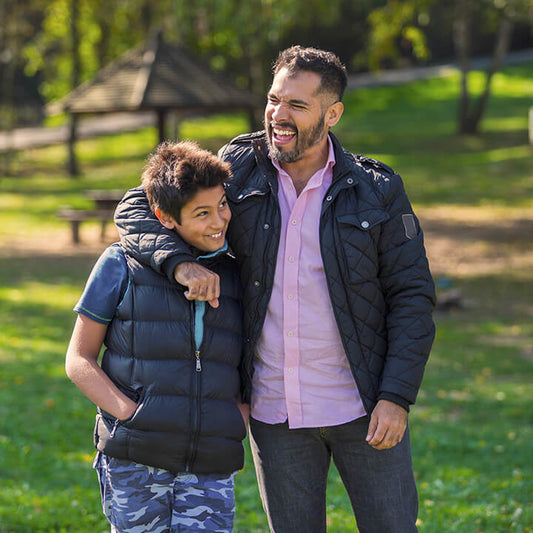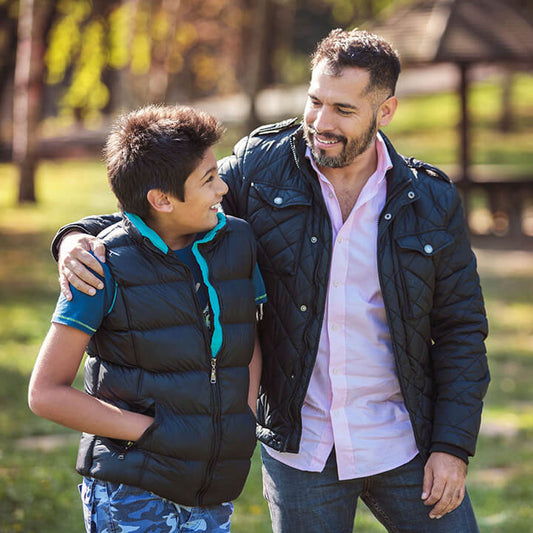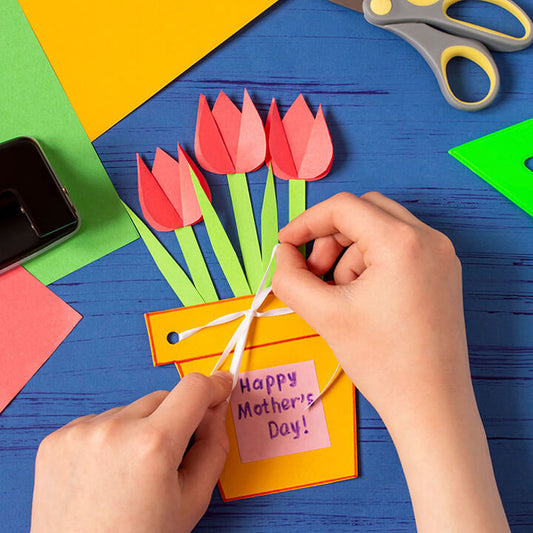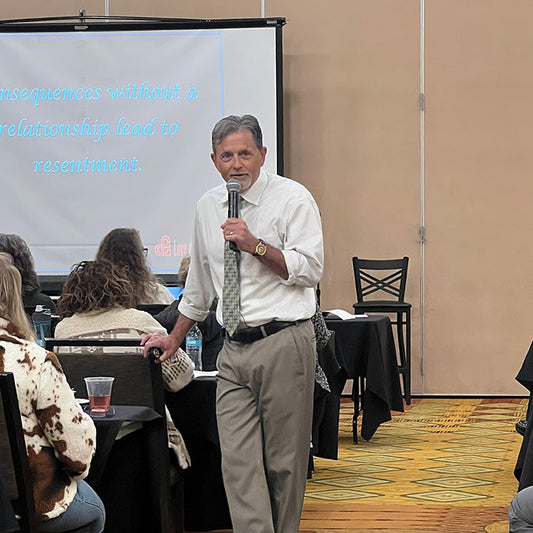It seems that many parents are concerned that their children aren’t motivated to love and respect them back, and they wonder why they have dysfunctional relationships with their kids. No one intends on getting mired in dysfunctional relationships, especially with their kids.
Part of the reason involves the fact that many of us, when we were children, failed to learn what healthy, loving, and respectful relationships look like. Although most of our parents did their very best, many of them struggled with learning these lessons as well.
At some point, all relationships involve conflict. Knowing how to handle conflict helps the individuals in a relationship work through their differences and preserve their relationship. Those who lack the necessary skills often struggle with broken relationships throughout their lives.
Teaching Kids Conflict Resolution Through Modeling
By modeling healthy relationships, including how to handle conflicts, parents can teach their kids these valuable skills. Here are some tips for helping your kids learn how to handle life’s conflicts:
Tip #1 – Kids Learn from What We Do
Remember that kids learn the most about how relationships work from watching how their parents handle their relationships. How we behave in front of our kids is far more powerful than telling them how they should behave.
Tip #2 – Don’t Try to Create a Conflict-Free Family
Don’t make the mistake of trying to create a conflict-free family. Although it is unhealthy for kids to see dysfunctional behaviors in their parents (such as yelling, arguing, and fighting), it is also unhealthy for kids to see their parents pretend that nothing is wrong and stuff their emotions.
Tip #3 – Let Kids See Healthy Disagreements
Have some healthy disagreements or conflicts in front of your kids. Instead of yelling, arguing, or fighting during these disagreements or conflicts, kids need to see their parents disagree, express their emotions in a healthy way, and handle conflicts directly.
Tip #4 – Use Problem-Solving Language
Use the language of problem-solving and compromise. It is very important for kids to hear their parents say things like:
- “I’m sorry that I hurt your feelings.”
- “How can we solve this problem?”
- “Here are some possible solutions…”
- “Let’s compromise.”
Tip #5 – Know What to Keep Private
Use common sense about what issues or conflicts you discuss in front of your kids. It is best to avoid some very sensitive topics, and wise parents make sure that they discuss these when and where their children cannot hear them.
Final Thoughts on Modeling Healthy Relationships
Learn more about how to achieve healthy love and healthy relationships with your kids in, 7 Ways to Create a Respectful, Responsible, and Resilient Family.
It is guaranteed to make a profound difference in the way you communicate if you start early.
Thanks for reading!

























































